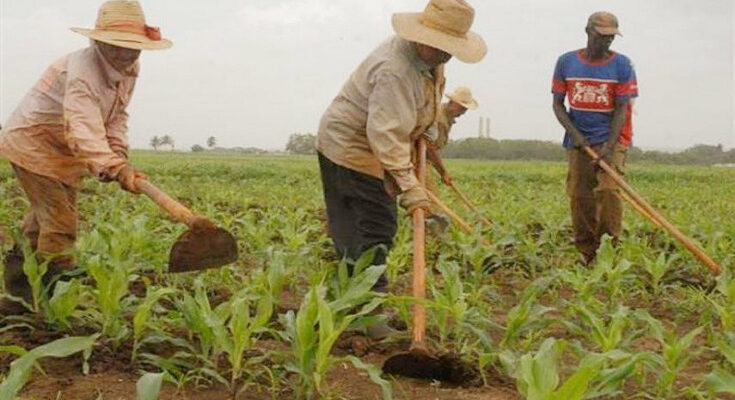Evictions and exploitation were the life of Cuban farmers before 1959; for years, they constituted one of the most disadvantaged sectors of society. However, the revolutionary triumph of that same year, would give a great turnaround to this situation.
It was May 17, 1959, the day that changed the course of life of the peasantry in Cuba, with the first agrarian reform law. This was the first legal provision to be enacted on the island with the Revolution in power, and Fidel Castro himself signed the document that put it into effect.
It was not a simple distribution of land for farm workers, but a manifestation of the social justice promoted by the nascent Cuban Revolution. The peasants, the most forgotten men and women, now became the center of attention and benefits.
The land problem had already been mentioned by Fidel in his self-defense plea after the Moncada events; the agrarian reform law was, therefore, the payment of an old debt.
Numerous families left the yoke of the landlords to become owners of their own land. It was a turning point for farmers all over the island.
More than 60 years have passed since this event, and Cuba continues to remember the value of that first law in the lives of thousands of peasants. Today, the Cuban soil produces for the benefit of the entire population, and although agricultural work is often difficult, each farmer can freely exercise his rights over the land he makes produce.
Every May 17 becomes a celebration for the island’s farmers; this date evokes a great victory for peasants all over Cuba.
Written by Yadila Mesa Chacón, journalist student.




